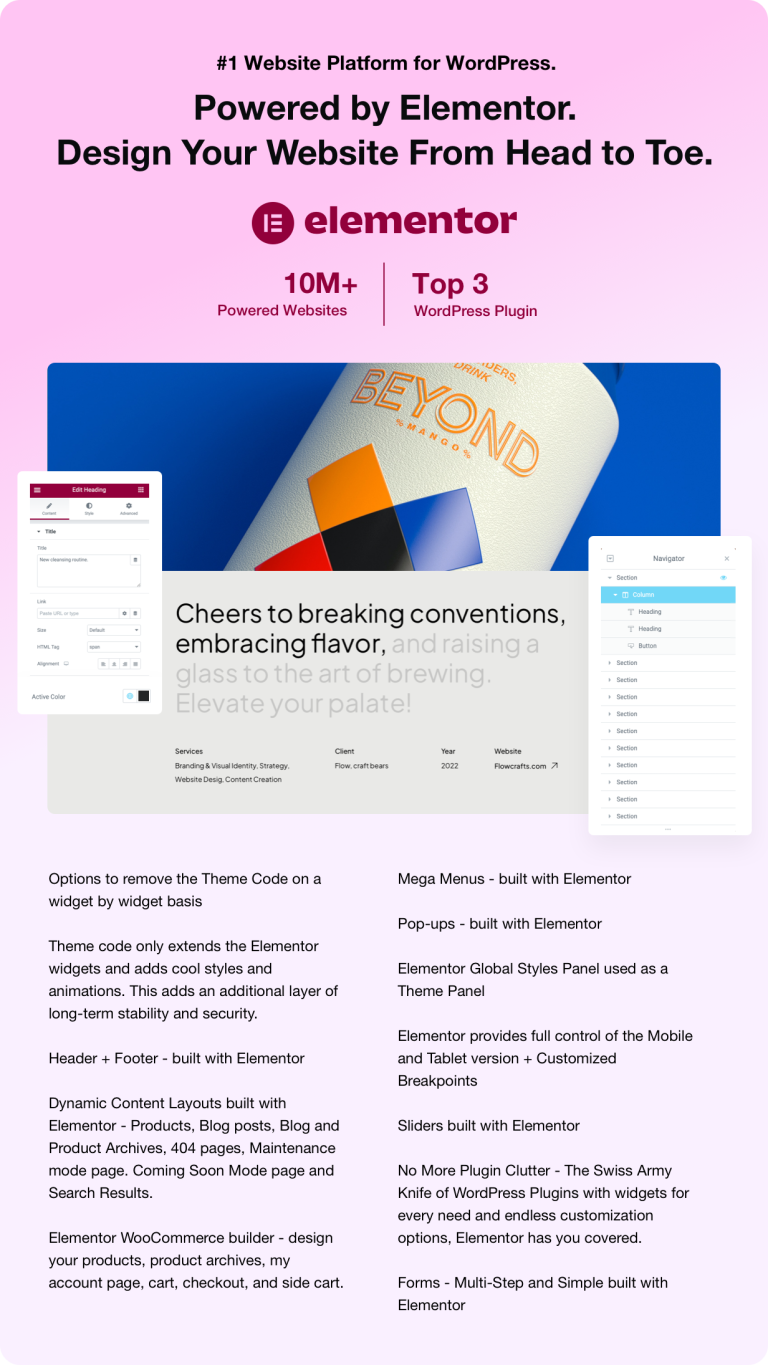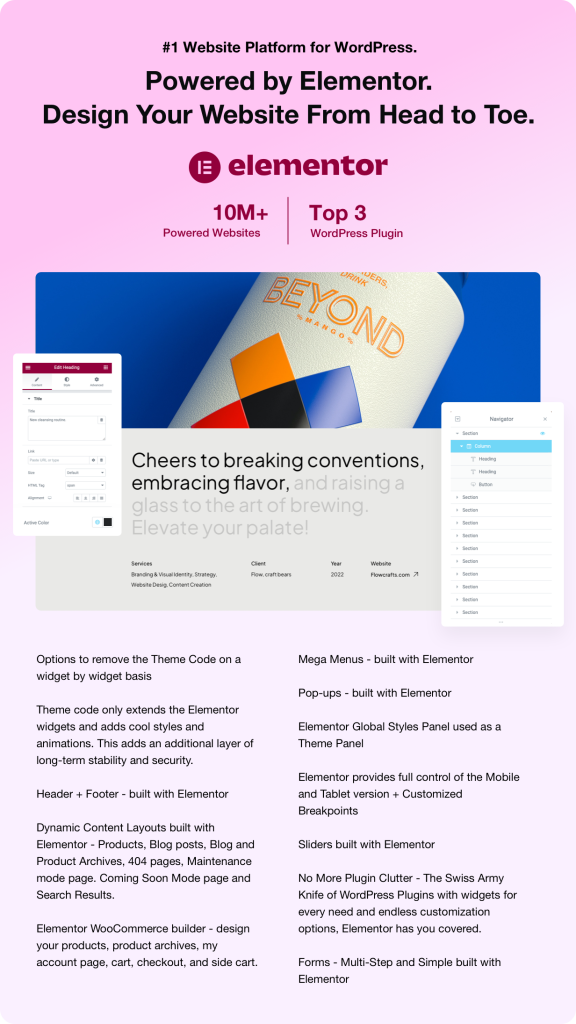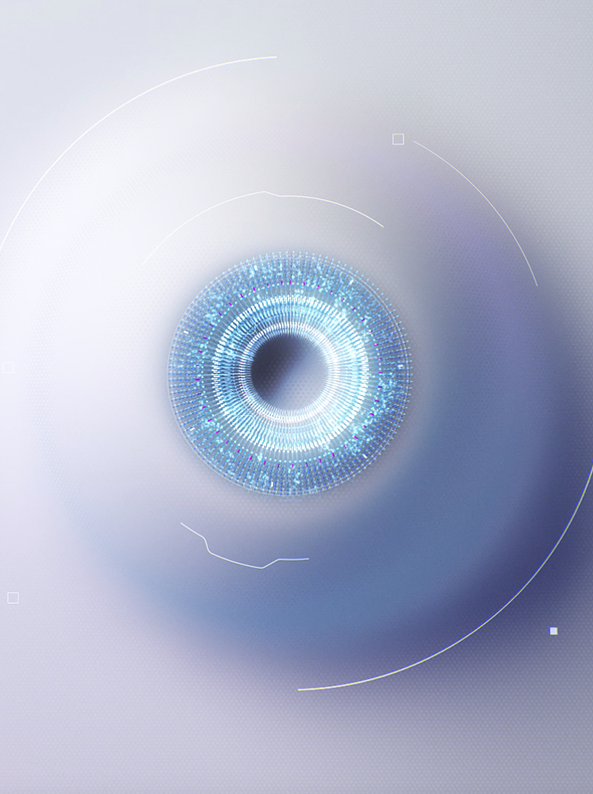As we dive deeper into the digital age, the role of artificial intelligence (AI) is becoming increasingly significant in how we interact with technology. One of the most exciting developments in this landscape is the emergence of AI-driven Operating Systems (AIOS). As businesses and consumers alike look for efficiency and innovation, Cloud-based AIOS systems are stepping into the spotlight, setting the stage for transformative changes across various industries.
The convergence of AI and operating systems has given rise to Cloud-based AIOS, which leverages the power of the cloud to deliver intelligent solutions that are both scalable and adaptive. These systems are designed to learn from user behavior, optimize operations, and even predict future needs. In essence, they represent a paradigm shift from traditional operating systems to cognitive systems that are more intuitive and capable of autonomously managing a wide range of tasks.
**AIOS: A New Standard for Operating Systems**
At its core, an AI-driven Operating System (AIOS) is an intelligent interface that extends the capabilities of traditional operating systems. Unlike traditional systems, which largely depend on pre-defined commands and software, AIOS utilizes machine learning algorithms to understand user preferences and behaviors. This learning ability allows AIOS to offer proactive recommendations, automate repetitive tasks, and provide real-time insights, ultimately enhancing user experience.
AIOS systems can analyze vast amounts of data in real-time, enabling them to adapt to evolving circumstances. For instance, in a workplace setting, an AIOS might learn which applications are most frequently used by employees and subsequently adjust resource allocation to optimize performance. This adaptability is a game-changer for businesses looking to enhance efficiency and reduce downtime.
**Cloud-based AIOS: Redefining Accessibility and Scalability**
The emergence of Cloud-based AIOS has created a myriad of possibilities, particularly with respect to accessibility and scalability. Unlike traditional software that requires local installations, cloud-based solutions enable users to access their systems from any device, anywhere, at any time. This flexibility is essential in our increasingly remote work environments.
Furthermore, as businesses grow and their needs evolve, cloud-based AIOS can scale easily to meet those demands. Organizations can effortlessly integrate new applications and services, ensuring they stay ahead of the curve with minimal disruption. This elasticity is vital in today’s fast-paced digital landscape, where the ability to quickly pivot can make all the difference between success and failure.
**The Role of Cognitive Systems in AIOS**
Cognitive systems play a critical role in the functionality of AI-driven operating systems. These systems leverage advanced AI techniques, such as natural language processing (NLP), computer vision, and machine learning, to provide a richer user experience. Cognitive systems can analyze unstructured data, allowing for a more profound understanding of context and intent.
For example, in customer service applications, cognitive AIOS can analyze previous interactions and customer sentiment to provide tailored responses. This leads to not only improved efficiency but also higher customer satisfaction. The seamless integration of cognitive capabilities into operating systems represents a significant step forward in creating systems that understand and anticipate user needs.
**Industry Applications: Transforming Various Sectors**
AIOS is not confined to just one industry; its applications are broad and impactful across various sectors. In healthcare, AIOS can manage patient records, analyze treatment outcomes, and even assist in diagnostics. By leveraging predictive analytics, healthcare providers can improve patient care and streamline their operations, ultimately saving lives.
In the realm of education, Cloud-based AIOS can offer personalized learning experiences. By assessing students’ performance and preferences, intelligent educational systems can adapt instructional strategies to meet individual needs. This targeted approach is crucial in fostering better learning outcomes and preparing students for a competitive job market.
Retail is another area being transformed by AIOS. Intelligent systems can analyze consumer behavior, manage inventory, and enhance customer engagement strategies through personalized marketing efforts. For instance, AI-driven recommendations based on past purchases can lead to more significant sales opportunities and improved customer loyalty.
**Upscaling Technical Insights for Business Efficiency**
For businesses looking to implement AIOS, understanding the technical aspects is crucial. Organizations need to consider the underlying architecture of these systems, as well as parameters like security, data management, and integration with existing infrastructure. AI-driven frameworks are often built on microservices architecture, which allows for agility and rapid deployment of features.
Additionally, data privacy and security cannot be overlooked. As AIOS models rely heavily on data, establishing robust protocols for data protection and compliance with regulations such as GDPR is imperative. Cloud-based systems must incorporate encryption, access controls, and regular audits to safeguard sensitive information.
**Industry Use Cases: Real-World Applications and Success Stories**
Several companies have begun to showcase the transformative potential of AI-driven Operating Systems, offering tangible use cases that highlight their capabilities. For instance, tech giants like Microsoft and Google are integrating AI features into their operating systems to simplify user experiences and enhance productivity.
Microsoft’s Windows 11 incorporates AI capabilities to optimize system performance, manage resources intelligently, and offer personalized experiences. Similarly, Google’s AI-embedded Chromebooks provide enhanced security and management features, making them particularly appealing to educational institutions. These examples demonstrate that AIOS is not merely a concept but a reality being embraced by major players in the tech industry.
**The Future of AIOS: Challenges and Opportunities**
While the potential of AIOS is vast, numerous challenges must be addressed as well. One major concern is the ethical implications of AI decision-making, which could lead to biases if not managed correctly. Organizations must ensure that AI models are trained on diverse datasets to promote fairness and inclusivity.
Additionally, there is the issue of workforce displacement. As AI-driven systems automate many tasks, concern arises over job security for individuals in roles that may become obsolete. However, it is essential to recognize that AIOS also create new opportunities for innovation, particularly in fields centered around AI development and management.
**Conclusion: Embracing the AIOS Revolution**
AI-driven Operating Systems are poised to revolutionize our interaction with technology in profound ways. By integrating cognitive capabilities, leveraging cloud infrastructure, and applying AI techniques, these systems are evolving past traditional limitations. As businesses and consumers embrace AIOS, they will unlock new heights of efficiency, personalization, and innovation.
For companies aiming to stay competitive in an increasingly digital world, adopting a Cloud-based AIOS could be the key to future success. As we move forward, it’s essential for organizations to navigate the opportunities and challenges of this technological evolution thoughtfully and strategically.
In conclusion, the integration of AIOS into various industries is not just a trend; it represents a significant shift in how we understand, interact with, and benefit from technology. Embracing this revolution while ensuring ethical considerations will shape the future of work and daily life, pushing the boundaries of what is possible in the digital age.
**Sources**
1. Microsoft Corporation, “Windows 11: Getting Started,” available at https://www.microsoft.com/en-us/windows/get-started
2. Google LLC, “Chromebooks: The Future of Education,” available at https://edu.google.com/products/chromebooks/
3. Gartner, “AI-Driven Operating Systems: What You Need to Know,” available at https://www.gartner.com/en/insights/artificial-intelligence
4. Forrester Research, “AI and Its Role in Digital Transformation,” available at https://go.forrester.com/research/
5. McKinsey & Company, “The Future of Work: How AI Will Impact Industries,” available at https://www.mckinsey.com/featured-insights/future-of-work





























